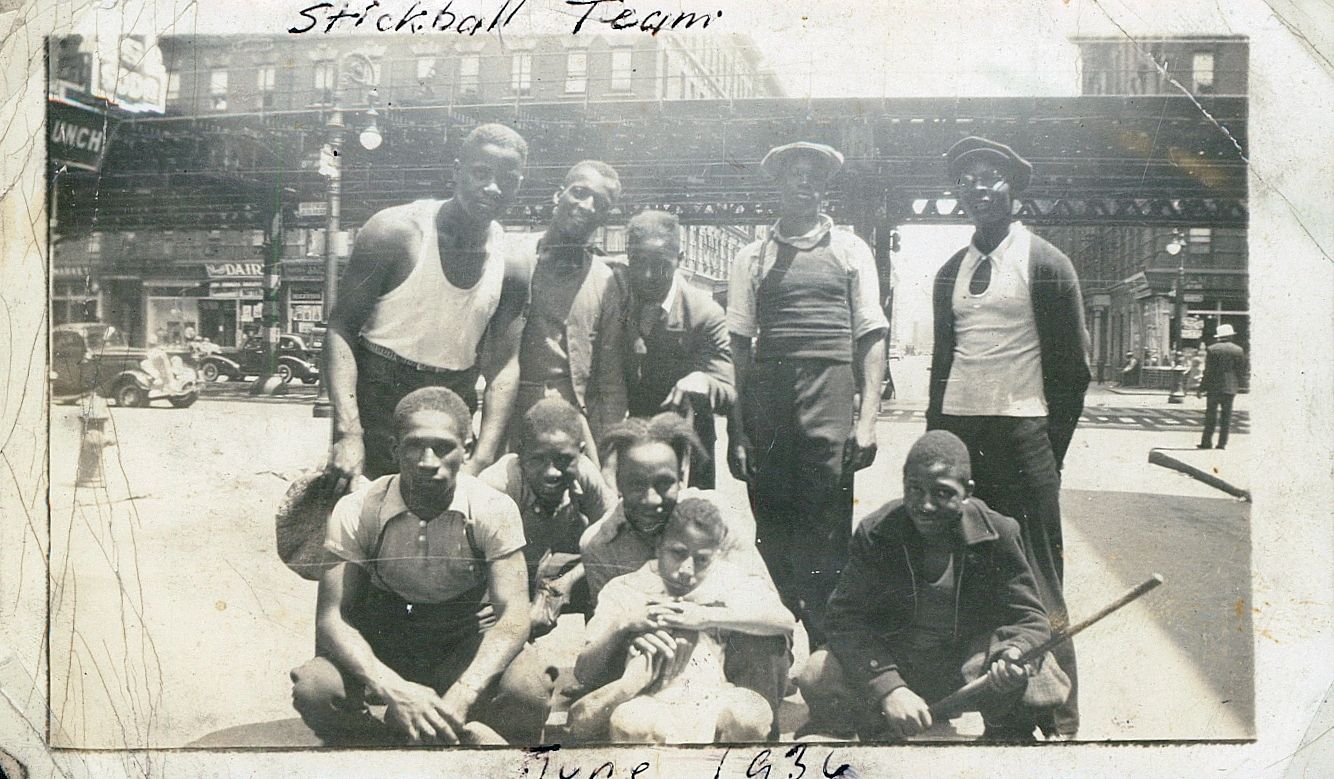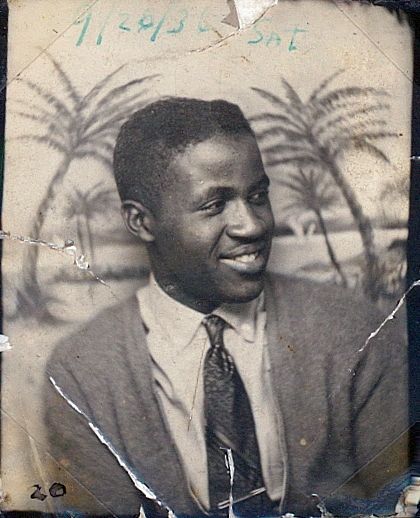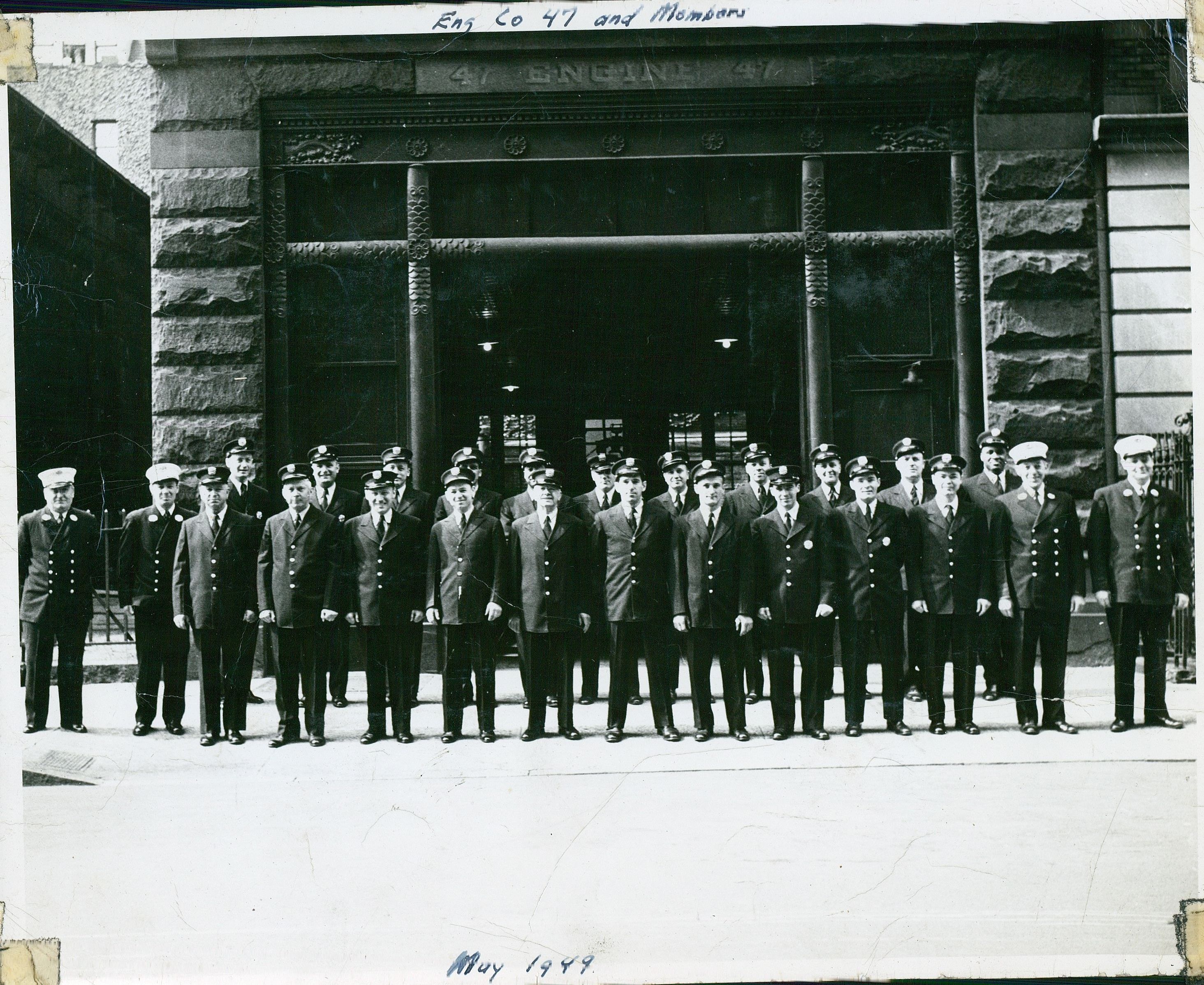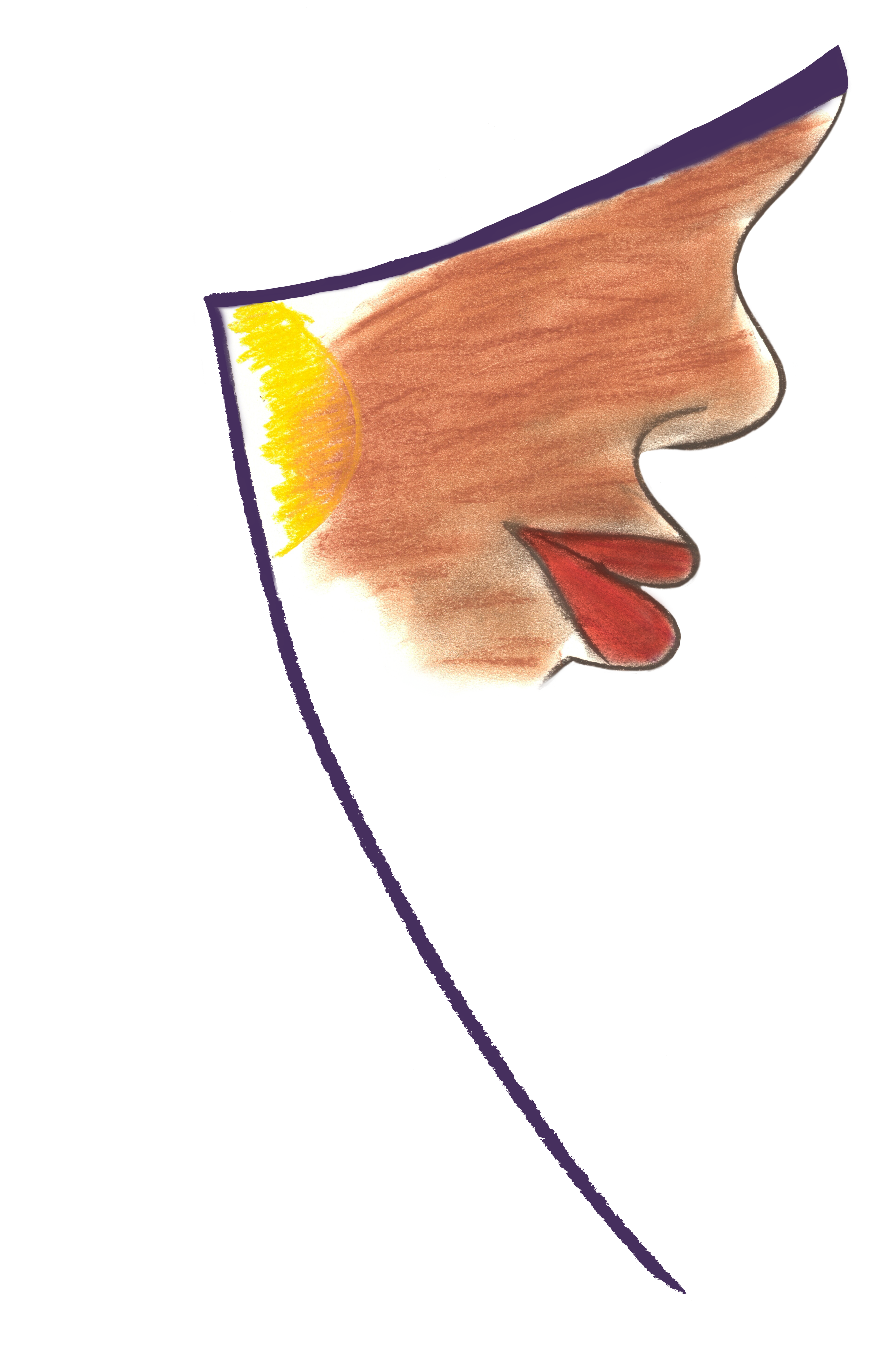On Distant Relatives?
Curator's Notes:
The term “African Diaspora” emerges from the event, the Maafa, the great tragedy of the transatlantic slave trade, and implies that African-descended people are bound to each other, even in their diversity. The notion of bondedness or shared fate has long been a fountainhead of solidarity among Black peoples across the western hemisphere and the Black Atlantic. Bondedness, however, does not mean uniformity, and the differences among Black ethnicities have been a source of tension. I have noticed that tension of late resulting in a xenophobic and ahistorical discourse circulating under the guise of the call for reparations in the United States. The thinking goes that Black immigrants don’t know slavery, just arrived here, and only take from “native-born” Blacks. Yet when we look at the Black archive, at the history of people like Umi’s family, we are reminded that only 5% of the millions of enslaved Africans were enslaved in the continental United States. The relationships between Black people in the US and other parts of the Western hemisphere begin in slavery, and there has been a lot of give and take, especially between Blacks hailing from the US South and those from the Caribbean and Latin America. And this give and take has had profound consequences for Black identity and Black freedom.

- Places
- 1930s - 1970s

- Portraits
- 1930s - 1970s

- FDNY
- 1947 - 1975
- Livestream
- The final exhibition launched with a livestream conversation between curator Su'ad Abdul Khabeer and Joshua Guild, associate professor of history and African American studies at Princeton University.


